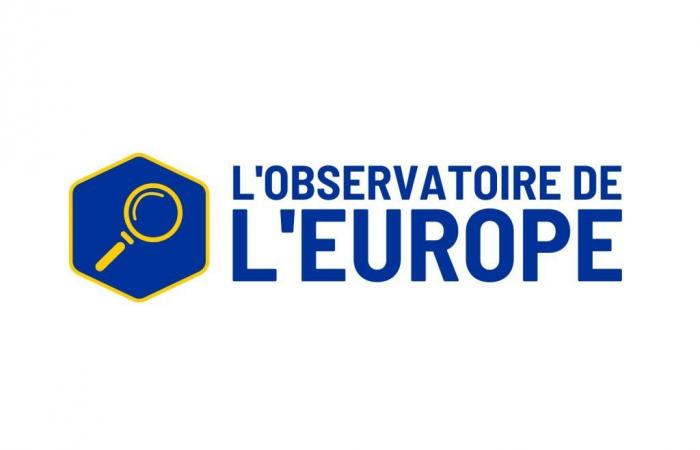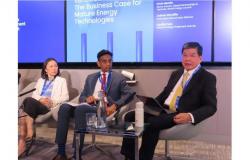Hot, dry weather has created conditions ripe for wildfires to break out in the Arctic.
Severe forest fires in the Arctic Circle last June released megatons of carbon into the atmosphere, according to EU scientists.
Data from the Copernicus Atmosphere Monitoring Service (CAMS) shows that the majority of fires are raging in the Sakha Republic in Russia’s Far North.
These seasonal fires are moving north as climate change causes higher temperatures in the Arctic. They are devastating tundra and boreal forests, releasing greenhouse gases from carbon-rich soils.
“The biggest increase in extreme wildfires in the last two decades”
The Sakha Republic has experienced much higher temperatures and drier conditions than usual for this time of year, making environmental conditions ideal for wildfires to break out.
“Emissions from Arctic fires have been at fairly typical levels over the past three summers, but we observed that the recent fires developed in response to warmer, drier conditions, similar to the widespread wildfires of 2019 and 2020,” said Mark Parrington, senior scientist at CAMS.
“This is the third time since 2019 that we have observed significant wildfires in the Arctic and we have shown that this region of the northeastern Arctic has seen the largest increase in extreme wildfires in the last two decades.”
As of June 24, more than 160 forest fires had burned nearly 460,000 hectares of land, Andrei Konoplev, the regional deputy minister of ecology, nature management and forestry, was quoted as saying by Russia’s official TASS news agency.
CAMS says the total monthly carbon emissions from these wildfires are the third highest in two decades, at 6.8 megatonnes of carbon. This year’s fires are second only to those of 2020 and 2019, when they recorded 16.3 megatonnes and 13.8 megatonnes, respectively.
Wildfires in the Northern Hemisphere typically peak in July and August.
The Arctic is “ground zero” for climate change
Climate change in the Arctic does not only affect the region. They have major global reach, as they impact Earth’s entire climate system.
“The Arctic is ground zero for climate change and the growing risk of wildfires in Siberia is a clear warning sign that this critical system is approaching dangerous climate tipping points,” says Gail Whiteman, professor at the University of Exeter and founder of a non-profit scientific organisation. Arctic Basecamp organization.
“What’s happening in the Arctic doesn’t stop there: the changes taking place there are amplifying the risks to all of us globally. These fires are a wake-up call for urgent action.”






